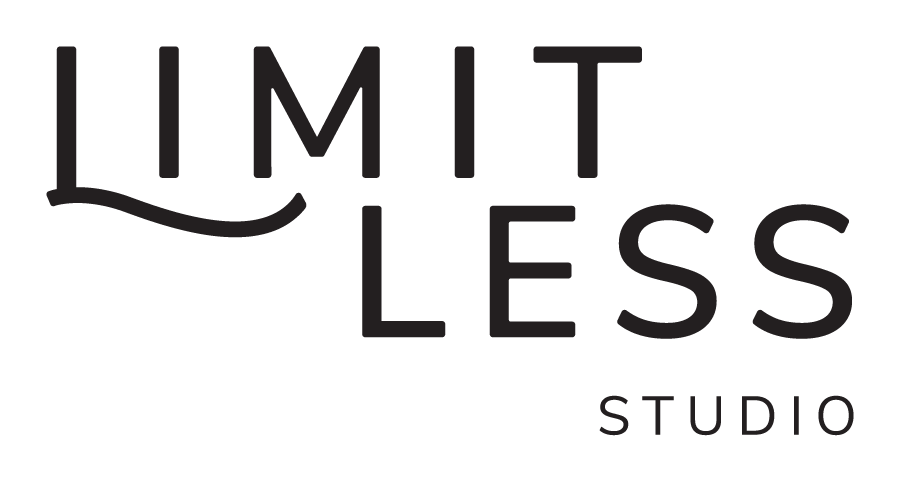How to Price Your Fitness Studio
With Free Pricing Calculator
Let's talk about pricing for your boutique fitness studio. As a coach, here's what I usually see when I start working with a new client:
Too many options: Tons of class packs and memberships with every variation and commitment term imaginable sound like they'll help more people to buy. However, choice paralysis abounds, and instead of assisting a client by giving them tons of options, it decreases conversion.
Competitive Pricing Strategy: The studio owner Googles the local studios and matches them. It's true that you want to be relatively in line with your competitors, but, chances are, those studios didn't use a coach and threw a dart at their pricing, too.
Cost-plus pricing Strategy. You might know this one. How much does it cost to operate? Take that figure and add to it to reach your fitness business pricing. The benefit of this method is that it does at least cover your costs. The con? You're definitely leaving money on the table.
Penetration Pricing Strategy: This is often utilized by the new gym in town. The plan is to price lower than your competitors to get leads in the door, but it's a difficult strategy to grow with. If you set yourself up as the "budget gym," it is challenging to raise your prices later since you attracted a cost-conscious client, plus it's hard to pay your bills in the short term.
Adding to pricing challenges, if my client is a woman, she is almost always undercutting her rates. Research shows that women are conditioned to undervalue their work and accept less money. 60 percent of women admitted they would never negotiate their salary, even if they know they're being lowballed. We're also more likely to attach morality to our prices, suffer from imposter syndrome, and accept less than we know we deserve.
Here's the good news; when you know better, you do better, so now you won't be falling victim to the under-value traps because you know that studies show a change in pricing can increase or decrease your revenue by 20-50%. What could you do with 20+ percent more money?
Where Do We Start?
Some coaches will tell you it doesn't matter what other studios charge, and I agree with them to an extent. However, it is still important to conduct market research to determine where you stand in the market or if you're even in the right range. If you don't know what people are used to paying or willing to pay, it's incredibly challenging to create your pricing. Market research helps you predict buyers' perceptions of your offer versus the competition. Take yourself on a Google tour of your local competition and complete a spreadsheet like the one below.
Our goal here is not to match or beat competing pricing, but you do want to ensure you're in a similar ballpark if you have comparable offerings and target clients. Once you have a general idea of what people are currently paying, you can make a conscious decision to price above average if you're presenting yourself as a luxury experience. Do your best to refrain from penetration pricing strategies. Pricing yourself below market value will hurt your business unless you strategically choose a budget market model long-term.
Build Your Offerings
Pricing is an art that takes both data and intuition. Your ideal price is the one that makes your customer want to sign with you over other gyms but also allows you to profit and pay yourself what you want.
We're stepping away from competitive and cost-plus pricing. Your calculation should include more than how much it costs to run your gym or how much your neighbor charges. We want to make money, not just cover expenses. Ask yourself the following:
What is your target profit margin?
How much do you want to take home personally?
Is your fitness business a bargain, luxury, or middle-road service?
How solid are your value proposition and sales pitch?
It's impossible to cover all the intricacies of gym pricing in a blog post. If you’re new to coaching, I recommend booking a strategy call to customize the perfect pricing strategy that helps you reach your profitability goals. However, to get you started, I've included one of the four formulas I use to develop a studio's foundation pricing- the base cost per person needed to profit.
You Have Your Pricing. Now What?
Your fitness studio's pricing is ready to share with the world, right? Not quite. Again, remember that too much information is overwhelming. Choose up to three options to post on your website. It might look something like the photo above.
Essentially, you don't want the client to feel like you're hiding something- that makes them less likely to purchase and creates an unnecessary barrier to entry. Give them enough information to start, whether an intro package, a drop-in or your most popular purchase item. Then get them in the studio or on the phone to convert them into a long-term option with your well-practiced sales pitch.
Pricing and sales are the foundation of your studio's long-term financial success. I know how it feels to be frustrated month after month that your fitness business's revenue isn't checking out. Please reach out for help if your numbers aren't what you need them to be. What about those of you who are updating and changing your pricing for existing members? We’ll cover that in the next blog.
Here's to your success!





